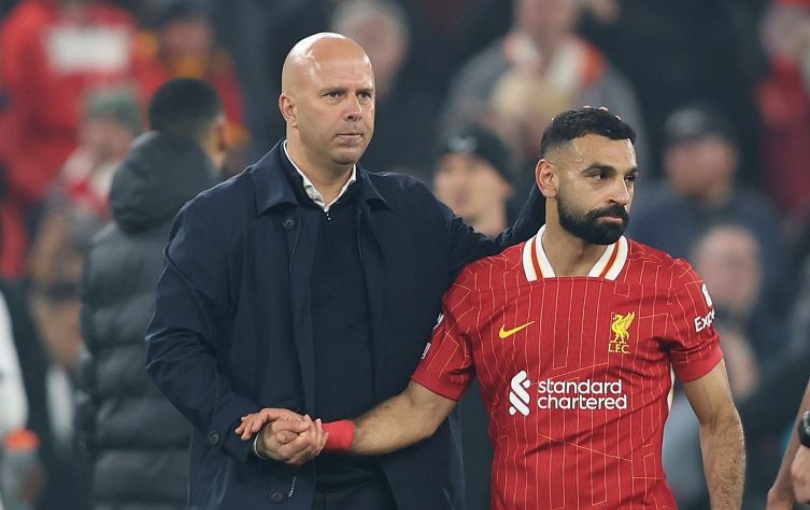Argentina agrees deal to broadcast games
BUENOS AIRES - The Argentine football federation approved a deal with the government on Tuesday to broadcast games free on television, a week after it tore up a contract with a private cable TV provider.

The start of the country's football season has been delayed due to a financial crisis that drove the Argentine Football Association (AFA) to scrap its previous multimillion dollar deal because the broadcaster refused to pay more for the television rights.
However, AFA said in a statement that its executive committee had approved a plan "for games to be broadcast free on non-cable television." It said the details had yet to be defined, but that the season would begin at the weekend.
The agreement marks the latest in a string of government moves to increase state control of various economic sectors.
Media speculation of a deal between the AFA and President Cristina Fernandez in recent days has drawn criticism from the opposition, which says her foray into football smacks of populism and is politically motivated.
The previous broadcast contract was held by the TSC media group - a partnership between TyC sports broadcaster media conglomerate Clarin, whose daily newspaper has been increasingly critical of her government.
Argentina's football season had been due to start on August 14 but AFA chiefs halted it after the union representing footballers said clubs owed players about $8 million.
The global financial crisis has forced Argentine clubs to sell players to Europe for a fraction of years past, although fans accuse some clubs of bad management.
Get FourFourTwo Newsletter
The best features, fun and footballing quizzes, straight to your inbox every week.
AFA spokesman Ernesto Cherquis Bialo said the first games of the season would now take place on Friday.
"The channels that will broadcast the games and the times that this will happen will be decided at a meeting tomorrow (Wednesday)," he told reporters.
Local media had reported the government would have to spend around $150 million to screen the games on state television, but Cherquis Bialo said the state would not have to put up any money.
